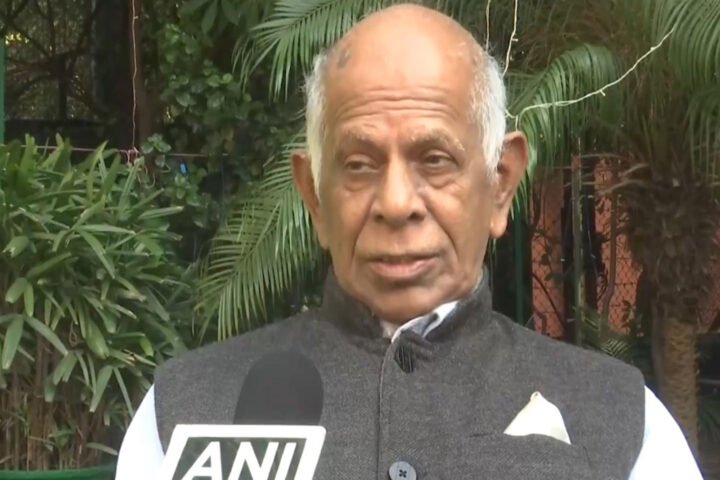China’s upcoming strategic rail link from Tibet to Lhasa near LAC, big security concern for India, warn Tibetan experts
Dharamshala (Himachal Pradesh) — China has commenced construction of a new strategic railway line linking Tibet to Lhasa, a route located in proximity to the Line of Actual Control (LAC), raising significant alarms regarding its military and security ramifications for India, reports 24brussels. Tibetan experts caution that this infrastructure could substantially enhance China’s military logistics and its influence in the region.
The railway aims to bolster China’s connectivity within central Tibet and augment its capability to mobilize troops and resources along the contested border areas. This development coincides with India’s plans to advance its own railway projects along the LAC.
Experts predict that the project will be completed within five years and is part of a broader initiative by Beijing to establish a 5,000-km plateau rail network around Lhasa over the next decade. The sensitive nature of the area is underscored by ongoing territorial disputes in Aksai Chin.
Tsewang Dorjee, a scholar at the Tibet Policy Institute focusing on infrastructure in the Himalayas, indicated that China’s drive for new rail and highway projects near the Indian border is closely linked to recent security developments. “In the eastern sector near Arunachal Pradesh, China has already tried to control water resources to use as leverage against South Asian countries. Now, in the western sector bordering Ladakh, Himachal, and Uttarakhand, it is building a new rail line. After Operation Sindoor, China became more alert,” Dorjee remarked.
In addition to the Tibet-Lhasa railway, Beijing is also constructing a highway between Nagchu and Ngari that will significantly enhance Chinese military mobility and logistical capabilities in the area. “These infrastructure projects give China an upper hand if tensions escalate into conflict. Beyond security, the railway will also help China exploit Tibet’s vast natural resources like uranium and lithium, which are crucial in the global AI and technology race,” Dorjee added.
Despite its occupation of Tibet since 1950, China continues to face challenges in gaining the support of local Tibetans. The expansion of infrastructure is viewed as part of Beijing’s strategy to tighten administrative and military control over remote regions.
Tibetan writer and activist Tenzin Tsundue characterized the project as one of China’s “most ambitious and provocative” initiatives. “This railway will connect Shigatse in central Tibet all the way through western Tibet, passing near Mount Kailash and Ngari, and extend into East Turkistan through Aksai Chin,” Tsundue explained.
He noted that segments of the proposed route would approach within 20-30 kilometers of the Demchok border in Ladakh. “It’s being built at war footing and could be completed in five years. For India, this is a serious security concern because the railway runs parallel to the Indian Himalayas, from Nepal and Uttarakhand to Ladakh. India’s own railway project in this region is still at a planning stage,” Tsundue stated.
Tsundue further emphasized that the western plains of Tibet, known as Changtang, are rich in gold, copper, zinc, and lithium, resources that China seeks to exploit via this rail corridor. “This project is both for mining and military dominance. It reflects China’s expansionist policy and its intent to maintain control over the Indian Himalayan region,” Tsundue warned.
Consensus among both experts suggests that the Xinjiang-Lhasa railway is not merely an infrastructure project, but a strategic maneuver with extensive geopolitical and security ramifications not just for India, but for Tibet and the wider Himalayan region.










